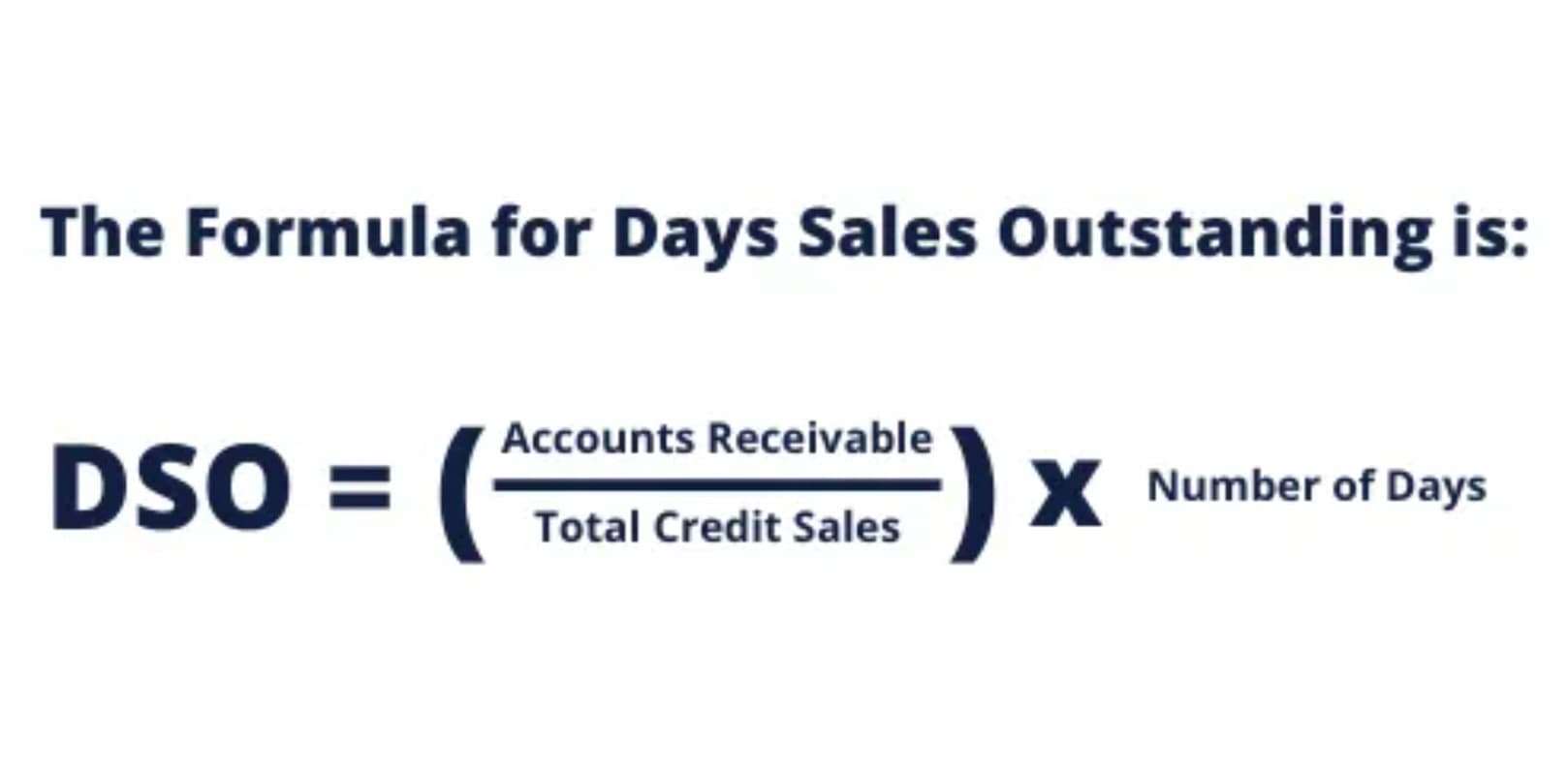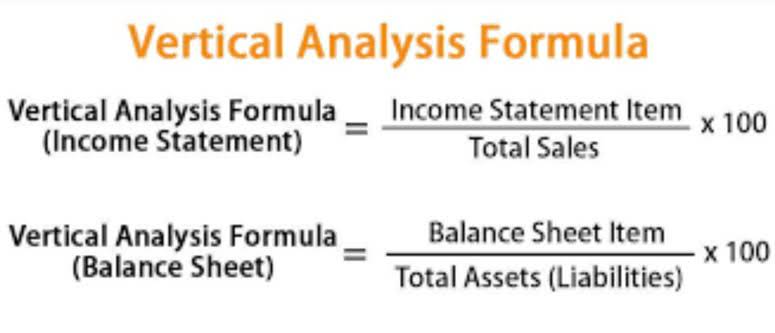Blockchain Technology: Shaping the Future of the Accountancy Profession
- mayo 21, 2021
- 0 Comment(s)

To create the Merkle root, hashes of two records are hashed together to produce a hash of the combination, and then the process is repeated moving up the tree until all the records in the block are represented in one hash. Figure 5 illustrates this process for four transactional records (Trans1, Trans2, Trans3 and Trans4). Small to medium-sized businesses may face financial constraints when adopting blockchain. Consider a multinational retail company that sources goods from global suppliers. Each transaction—from purchasing raw materials to final delivery—is recorded on a blockchain ledger. For instance, when a supplier ships goods worth $2 million, the blockchain automatically logs the shipment details, such as date, quantity, and value.
- This makes it much easier to collaborate across multiple locations, which is especially valuable for companies with remote teams or international operations.
- These self-executing contracts trigger specific actions once conditions are met, leading to efficiency gains in transaction processing and compliance.
- Creating an immutable distributed ledger provides real-time, transparent, and traceable financial information.
- Such a system is referred to as a “triple-entry” accounting information system.
- Accountants and finance professionals must adapt to methodologies that redefine traditional practices.
- They also need to be able to act as the bridge, having informed conversations with both technologists and business stakeholders.
Enhancing CPA Practices: Networking, Skills, and Technology
At its core, blockchain provides decentralized trust through distributed ledgers. This allows users to securely transfer value or assets without having to rely on a trusted third party such as a bank or government institution. But with the advent of blockchain technology, accounting processes have become more reliable and secure than ever before.
The Impact of Blockchain Technology on Accounting and Auditing
In accounts payable, for example, smart contracts can trigger automatic payments upon receipt and verification of goods, reducing delays and administrative burdens. Explore how blockchain technology is transforming financial auditing, enhancing transparency, and improving efficiency in accounting practices. Regarding the regulatory environment, the regulatory framework for blockchain technology is still developing in mainland China. While there are existing relevant filing regulations, the regulatory regime tailored explicitly for blockchain-based auditing remains underdeveloped (Sun, 2022; Li and Wang, 2023).
Add activity to my record
- Blockchain’s transparency, coupled with its cryptographic verification mechanisms, simplifies the verification of financial records.
- Its decentralized structure ensures no single party controls the data, making it resistant to tampering.
- Because blockchain keeps a secure and permanent record of all financial data, companies can store and access reports whenever needed.
- In addition, PwC integrates AI models, such as DeepSeek-R1, into the blockchain audit platform to automatically identify abnormal transaction patterns.
- Contrary to what may be supposed of tech erasing opportunities, the automation of auditing allows for bookkeepers and accounting professionals to increase their advisory services to interpret results and train clients.
- When implemented correctly, the blockchain provides a high degree of trust, which some accountants worry will reduce demand for traditional accounting work.
- In traditional systems, reconciliation involves cross-referencing data between parties, often leading to discrepancies.
Blockchain accounting offers exciting opportunities to enhance transparency, security, and efficiency in accounting practices. Given all the advantages and merits of blockchain technology, the finance sector is rapidly evolving to be able to implement this on a global scale. Blockchain blockchain in accounting technology has been making waves in the accounting world, with enhanced security, transparency, and clarity of financial transactions.


Transactions are verified and added to the blockchain in near real-time, enhancing the efficiency of processes that rely on swift transactions. In industries like financial services, where rapid transaction execution is vital, blockchain ensures timely settlement, minimizes processing delays, and strengthens security. Instead of relying on a centralized ledger maintained by a single entity, blockchain employs a decentralized, distributed ledger How to Run Payroll for Restaurants shared among participants. Transactions are grouped into blocks, validated through consensus mechanisms, and linked in chronological order, creating a transparent and immutable chain of records. Auditors’ responsibilities shift towards validating the processes surrounding blockchain implementation rather than solely focusing on data verification.
Supply chain management
Blockchain OS streamlines operations, enhances transparency, and provides real-time data access, offering significant potential for the accounting field. With the ability to continuously monitor transactions and financial data in real time, businesses can generate up-to-date financial statements instantly. This allows companies to provide stakeholders with accurate and current information at any given time rather than relying on periodic reports. Real-time financial reporting will increase transparency and provide a detailed reflection of a company’s financial position, helping executives and investors make more informed decisions.
5. Case Studies and Data Synthesis

It’s immutability and decentralized nature make it unique, but its function of recording transactions makes it familiar to those in the accountancy profession. Developing professional knowledge and understanding of this emerging technology and its applications will be crucial to ensuring the profession’s relevance and future readiness. The long-term implementation of blockchain technology has the potential to consistently enhance financial transparency for enterprises, as each transaction is immutably recorded on the blockchain. This is positive for investors, regulatory https://healthiatric.com/health/the-ultimate-guide-to-ebay-selling-and-ebay/ bodies, and stakeholders, fostering trust and improving market transparency. Furthermore, the sustained implementation of blockchain technology may promote closer collaboration among enterprises, particularly in the realm of financial information sharing. Cross-enterprise information sharing can lead to more efficient supply chain management, shared risk, and strengthened trust relationships among business partners.

Zheng et al. (2022) 23 focused on the application of blockchain technology in supply chain finance, specifically its role in enterprise credit information sharing. They adopted a case analysis approach to reveal that blockchain technology could facilitate secure and efficient credit information sharing, enhancing financial service quality and benefits. Gao (2022) 24 analyzed the challenges in enterprise financial accounting information management within the context of big data, proposing recommendations for improvement.
Complete Guide to Accounts Payable Management
Blockchain distributed ledger technology would popularize the triple-entry accounting system. By embracing this technology, tax and accounting professionals can future-proof their careers and enhance their service offerings. As you consider integrating blockchain into your practice, remember that staying informed and proactive is key to unlocking its full potential. As blockchain technology continues to evolve, it presents both significant benefits and notable challenges for accounting professionals. This includes integrating data from a prior period as those data become available (accounting for subsequent events or adjusting for under/over applied overhead are examples). The ability for a double-entry accounting system to make such adjustments is crucial to its utility in the modern world.

